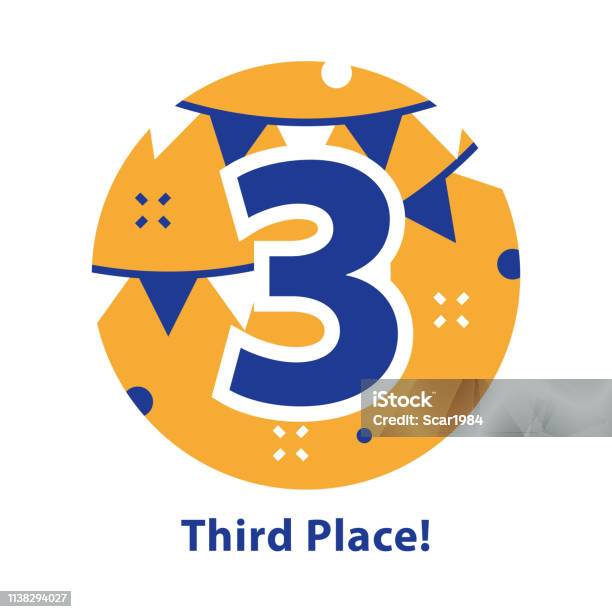So this is a quick update: the blog will be lying dormant for a month. I haven't written a new blog post in six weeks and I have exhausted all articles I've kept in reserve. I don't have any new content ready, and if I'm being honest, I'm not really interested in doing any more right now.
Relatedly, I am taking a break from chess. I won't be studying, reading, watching or checking anything. This month felt like a struggle, like chess was something I was forcing myself to do rather than something I wanted to do because, you know, it's a fun game. I need to pause and take a step back to make this is something I want to be doing.
So, for those reasons, I'll be stepping away from both the board and the keyboard for May. If I come back more in tune with this game, great, let's get going. If it doesn't, great, then I know I'm focusing on worthwhile things instead. Thanks for understanding.






